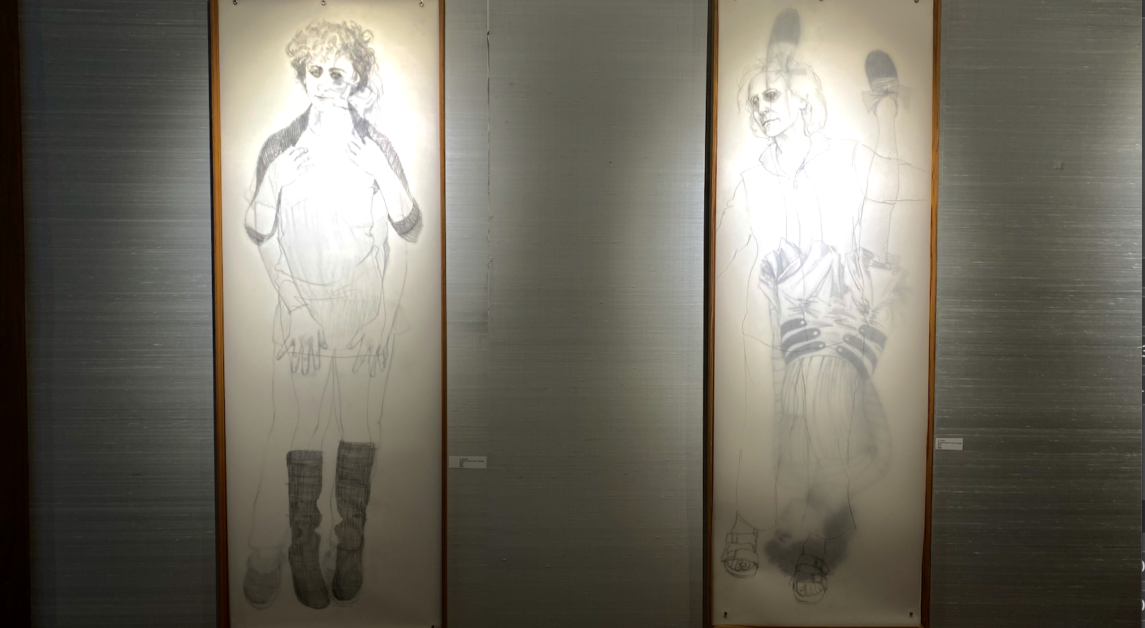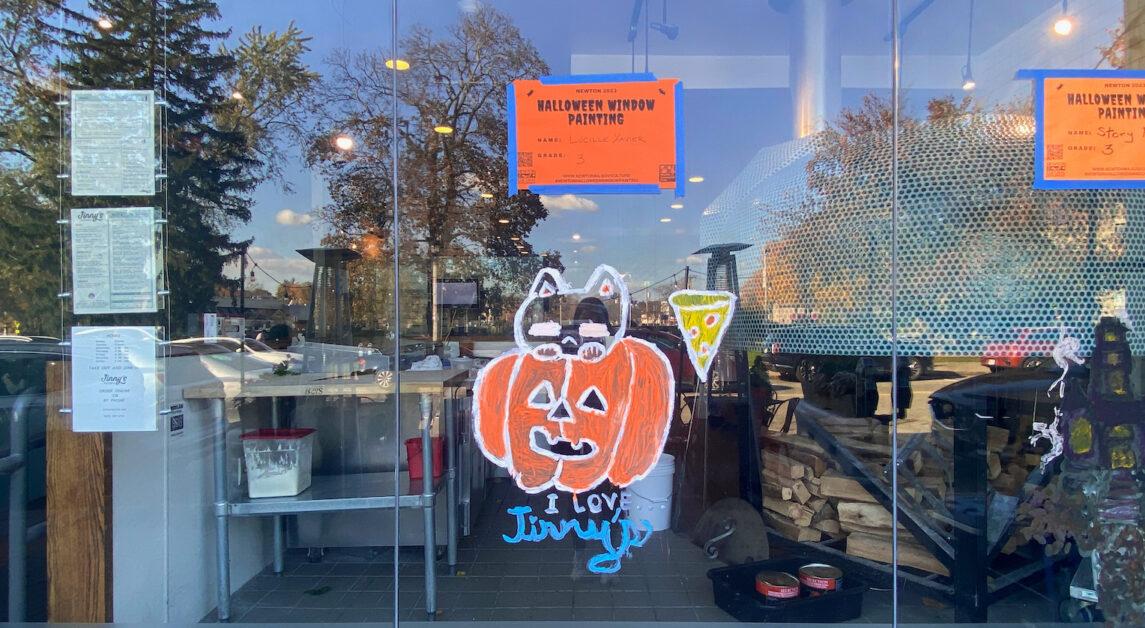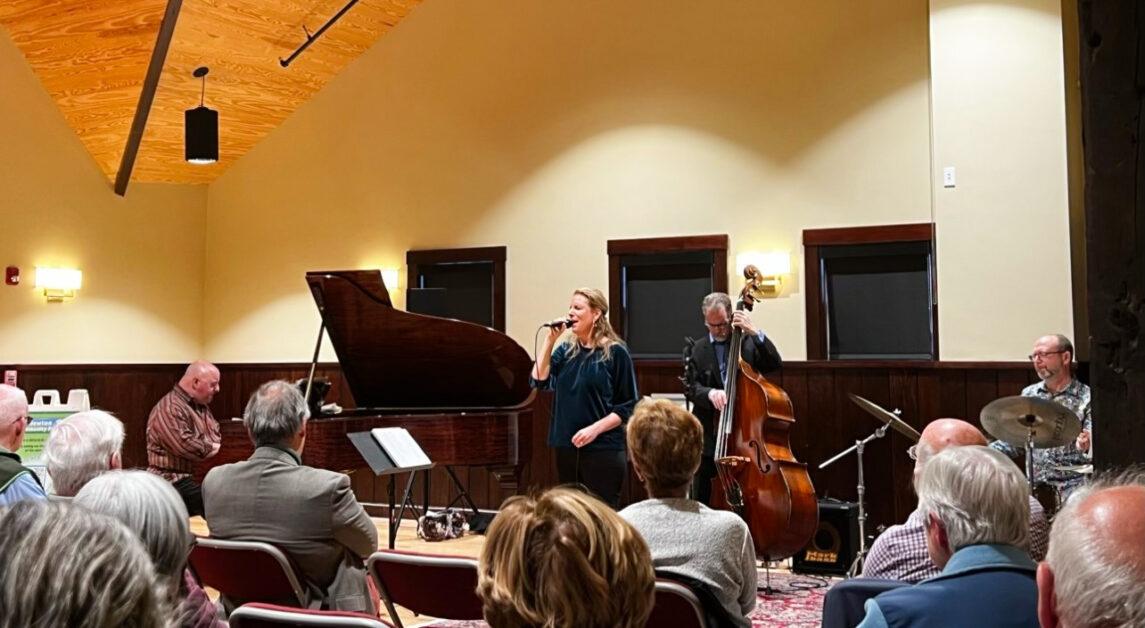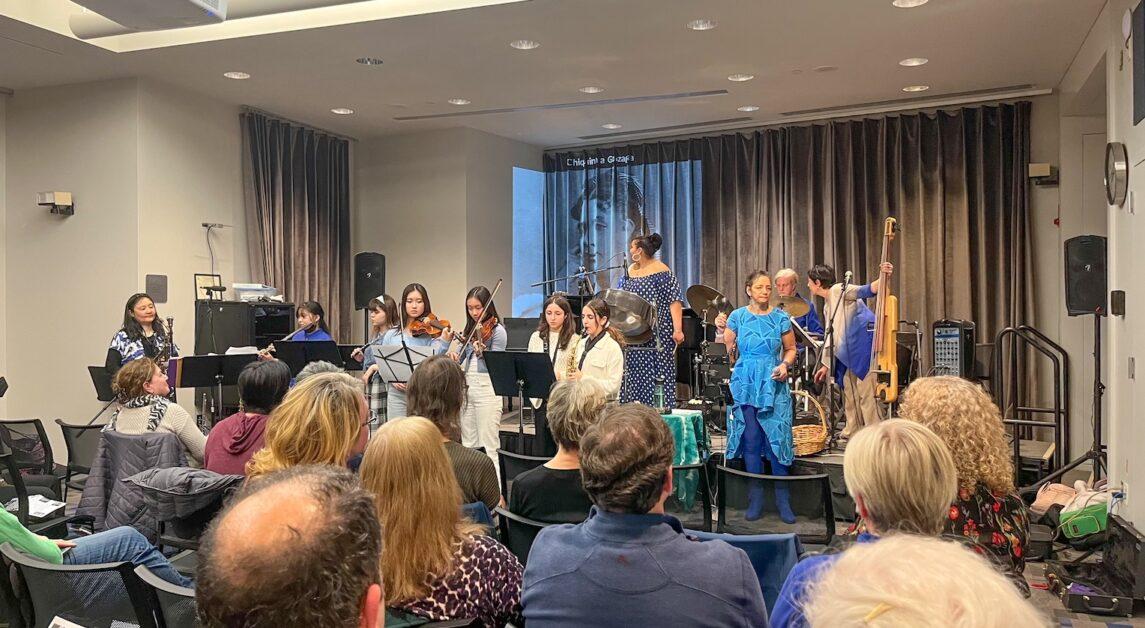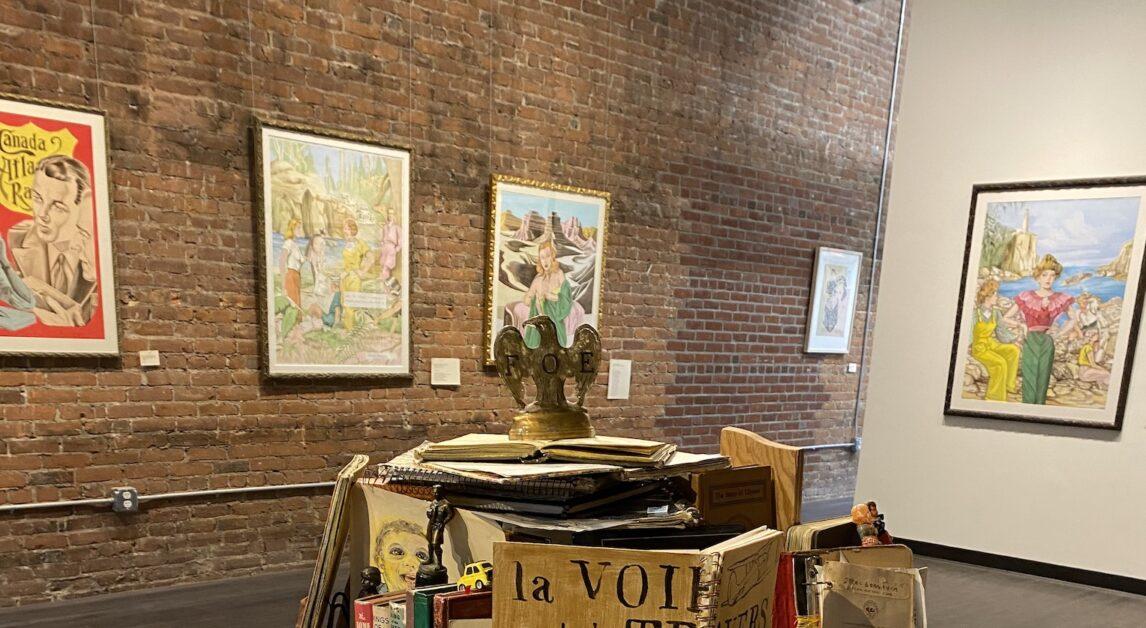On a small square of turf in the middle of a stage, nine girls sit in a circle, stretching and incessantly talking over one another.
A whistle blows, the girls run off stage, and the lights start to flash—signaling their participation in a game—before they run back to do the same thing, some other drills, and prepare for the next one.
Clad in blue uniforms, the girls are stressed and overworked, dramatic and gossipy, emotional and strong. While they constantly train, the audience learns about each of them from their conversations on the field and becomes a part of the team that cares about nothing more than one another and the game of soccer.
Theater-goers can see the Wolves play at the Lyric Stage Company of Boston until Feb. 3. Playwright Sarah DeLappe created the team in 2016 to depict the emotional peaks and depths of the adolescent female and all she represents in an environment that isn’t traditionally considered female. Since, then, it’s been performed on four stages, including the Lyric Stage, and in 2017, was a finalist for the Pulitzer Prize in drama.
The play follows the warm ups of a girls indoor soccer team for weeks. The players—never named, only referred to by the numbers on their jerseys—live and breathe both soccer and each other. Audience members—sitting on three sides of the auditorium protected by a goal-like net—watch the team warm up, accompanied by the players’ clamorous babbling, snippy remarks, and infrequent but ever-powerful silences in The Wolves.
The girls’ happy chatter echoes through the theatre nearly the entire time while they stretch and run and drill—sometimes leaving the staging area and running laps around the audience—burning through topics at a rapid pace. It includes idle chit chat and stereotypical adolescent gossip, but goes beyond it,with conversations ranging from personal issues with families, periods, and sex to global areas of contention such as immigrant children, abortion, and the Khmer Rouge’s Cambodian genocide.
It isn’t a play for the faint of heart: Constant obscenities and unapologetic tension between the girls who have spent most of their soccer careers together could throw off an unsuspecting, wide-eyed audience member.
But even the most naive of viewers wouldn’t be able to ignore the roaring female presence—with a full female cast and design team, feminine strength and resilience project clearly. The company deliberately plays the music of strictly female vocalists before the play begins, and the pre-show announcement sounds from a female voice.
Throughout their rehearsal process, Nora Long, veteran director at the Lyric Stage A, advised the actresses to “play the human,” said Sarah Elizabeth Bedard, the actor who plays number 11, in a talkback after the show.
A similar sentiment guided DeLappe through her creation of the play. Though there’s only a limited number of characters, many classic high school personalities appear on the team: the control-freak captain, the weird new girl, the innocent goody two-shoes, the defiant badass. But they’re a pack, and that’s a commonality that bonds them beyond any of their differences.
Together, they capture the whimsy of girls as the team takes goofy pictures with orange slices shoved in their mouths. They embody the pettiness of adolescence as they talk about their teammates behind their backs. They exhibit the benevolence of femininity, the gentleness of youth, the passion of athleticism, the wisdom of academia. Together, the team represents the complex substance of a teenage girl.
In the talkback following Sunday’s show, Long explained the team’s casting process. Of the 200 women who tried out, nine made the cut for this indoor high school soccer team, and, despite the talent that rolled through the audition room, she cast DeLappe’s characters with ease because of the obvious connection each of these actresses has with her role.
Yet, of these nine, none are in high school—in fact, they’ve all graduated years ago, but the lines and actions of the characters hide their actors’ real ages. For weeks, they’ve practiced their drills and lines, separately and together. They’ve trained physically and theatrically. In reverting back to their teenage selves, the cast channels the beauty of adolescence, with its pure sincerity and youthful naivety and a generous amount of responsibility, maturity, and grace.
At its absolute essence, The Wolves is about teenage girls on a soccer team. With all of its details, though, the play is about more than that.
It’s about empowerment. It’s about sisterhood and support. It’s about life and death and everything in between. But most of all, through the intention of its playwright, as well as the vision of the director of the Lyric Stage production, it’s about seeing teenage girls as the intricate, sensitive, and complex people they are.
Featured Images by Mark S. Howard


